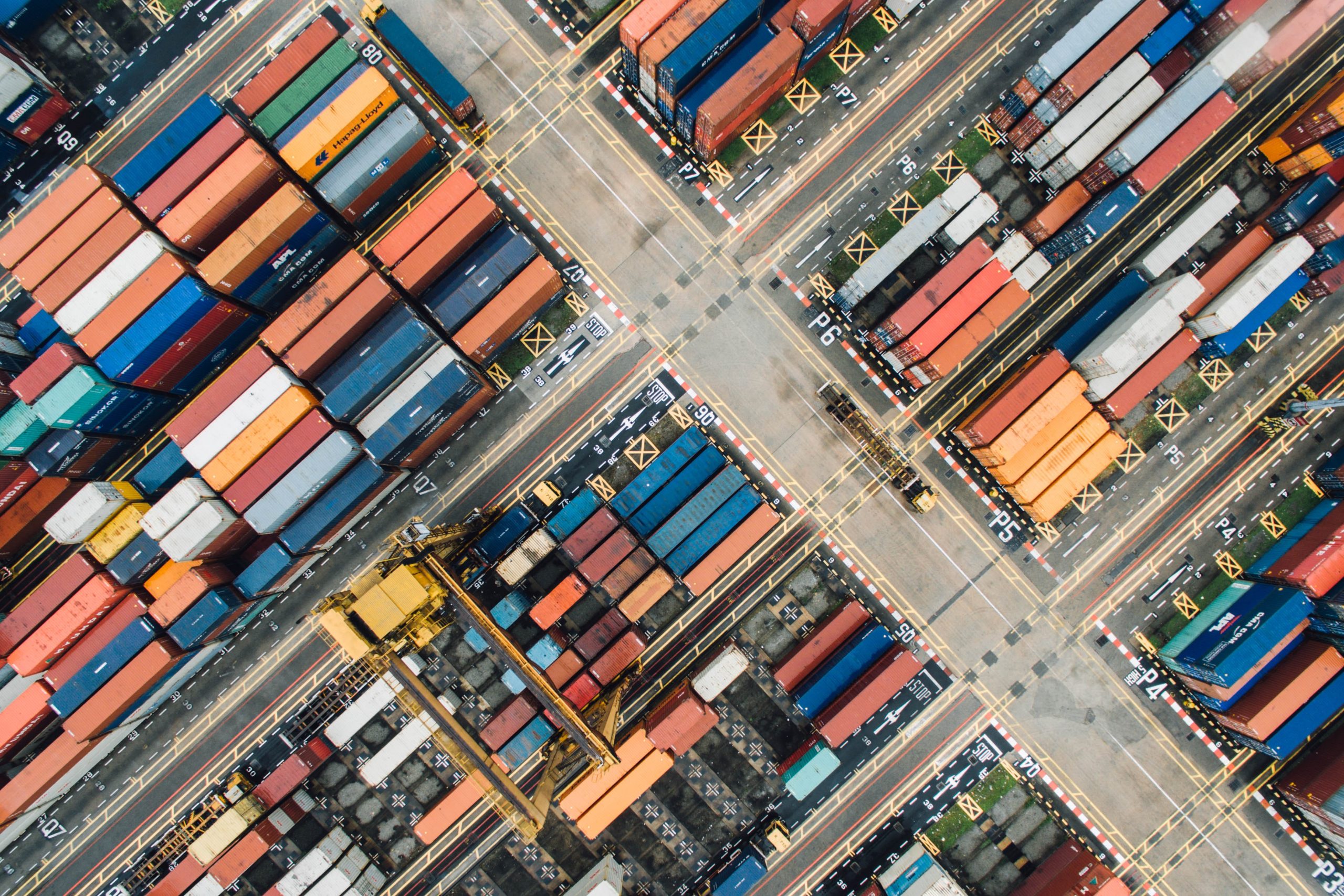The discussion addressed the question of bunkering infrastructure, propulsion technologies and the regulatory framework needed to deploy zero-emission technologies, supporting the EU’s climate and energy independence objectives.
Ngoc-Lan Lang kicked off the discussion with a reminder of the EU’s obligation to reduce our emissions by at least 55% by 2030 compared to 1990 levels. All sectors, she continued, need to contribute to these targets, including the Maritime Sector. Lang stressed that there is no silver bullet to decarbonise shipping, this is why the Fit for 55 package aims to intervene on three fronts: sustainable fuel demand (FuelEU maritime), port infrastructure (AFIR) and carbon pricing (ETS).
Delphine Gozillon, sustainable Shipping Policy Officer at T&E, followed up by highlighting the need for more ambitious regulations to create a market for sustainable fuels. Among the most important measures, she stressed the need for an RNFBO fuel subquota and a multiplier to boost demand for sustainable fuels.
Jakob Steffensen, Director of the Innovation Lead at DFDS, announced that all DFDS newbuild vessels will be fossil fuel free. Electricity, green methanol and green ammonia are some of the most imminent solutions that the company sees fit to decarbonise the industry. Steffensen concluded by saying that, while DFDS is optimistic about the availability of green technologies, it recognises that the price gap between black and green fuels needs to be bridged by EU legislation.
Arber Haxhiu, Global R&D Product Manager of Marine Fuel Cells at ABB, highlighted the importance of hydrogen and fuel cells in the decarbonisation of the shipping sector. While fuel cells for ships are still not a fully mature technology for shipping, he announces that ABB, together with Ballard, is developing a groundbreaking 3MW fuel cell unit.
Kristina Juelsgaard, Head of Market Development Europe at Ballard Power Systems, also shared the company’s support for green hydrogen, a fuel that minimises energy losses and does not need carbon capture technology. Juelsgaard concluded by arguing that the Fit for 55 Package needs to ensures strong support for green technology to remove uncertainty for investors and bridge the price gap between fossil and green fuels.
